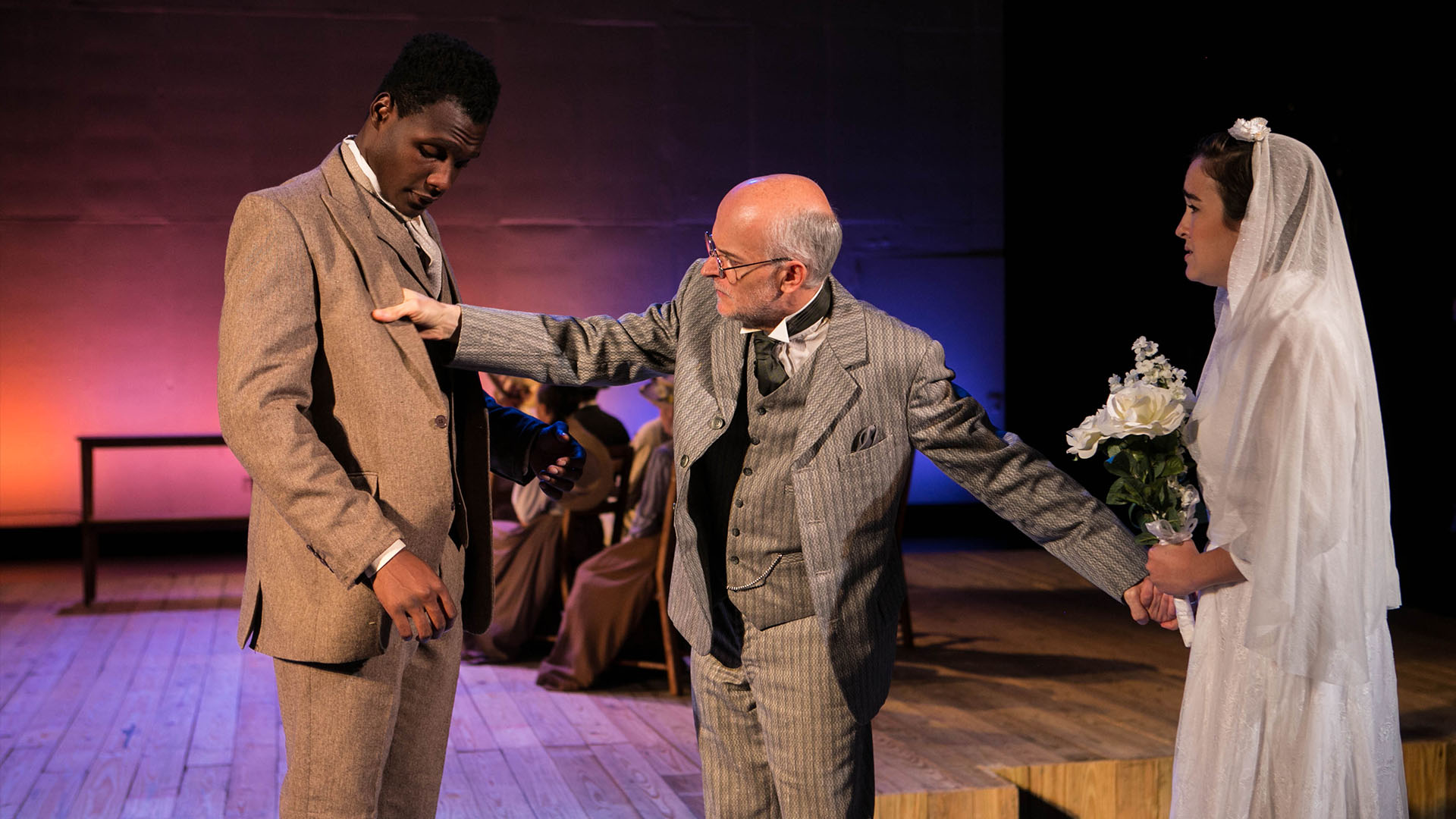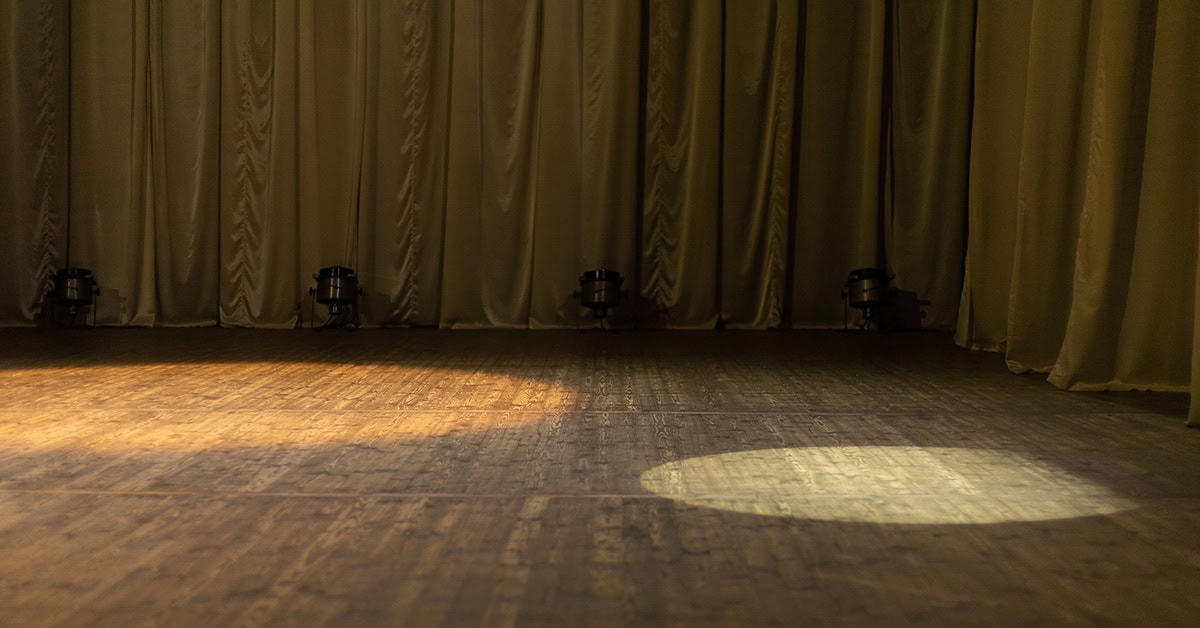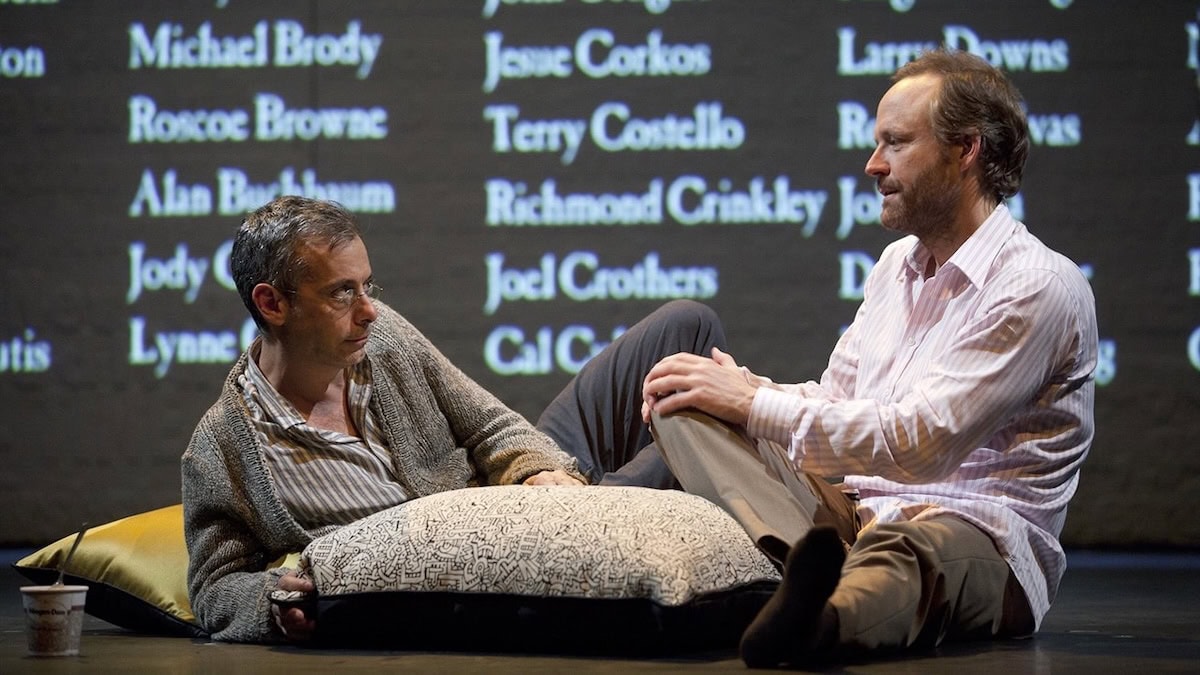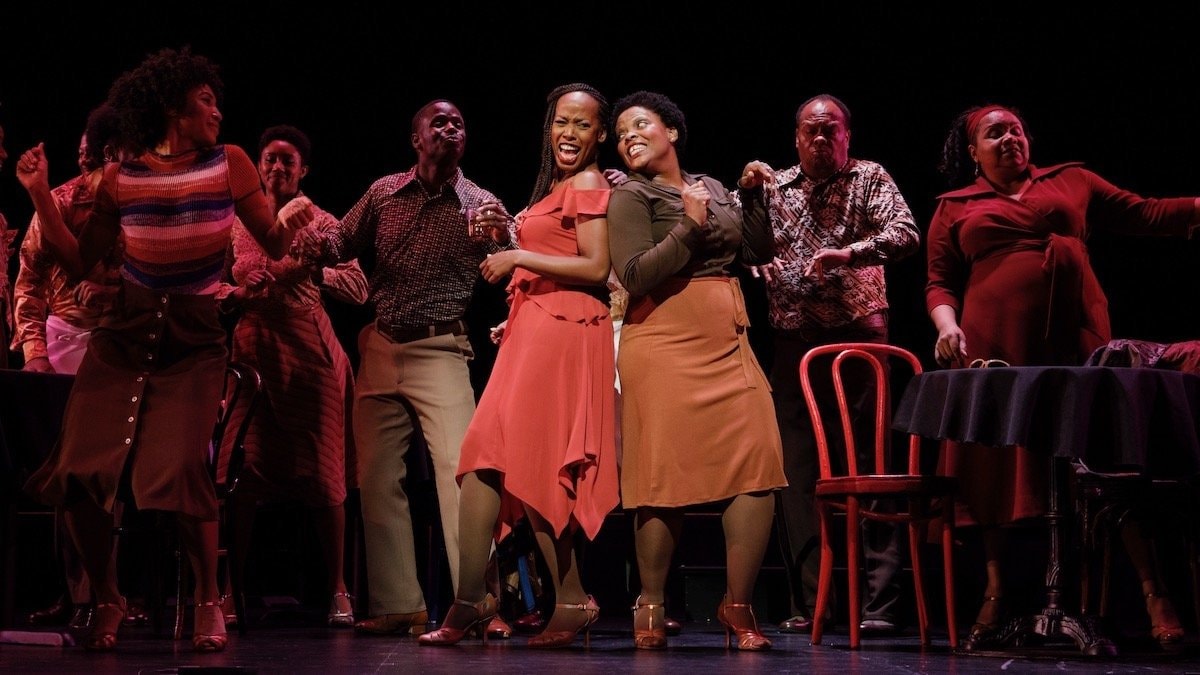
In November 2017, Thornton Wilder’s beloved tale of Grover’s Corners came to life on the Colony Theatre stage in Miami, Florida. For the first time in Our Town’s (US) 80-year history, the iconic piece of American theatre was reimagined: presented in English, Spanish and Creole as Our Town (Multilingual) (US). We sat down with theatre company Miami New Drama’s founder and Artistic Director, Michel Hausmann, to discuss the inspiration behind this new take and how he infused his theatre’s community into a classic.
What inspired the creation of Our Town (Multilingual)? What made Thornton Wilder’s story the right fit for your company and community?
Being an immigrant has its perks. For one, I didn’t have to read Our Town in high school like everyone else. I encountered it in my 30s and was blown away. Seriously, it might be the best play I’ve ever read. It stuck with me, and I knew I wanted to do something with it. But how do you bring something new to a play that’s been around, loved, and produced for over 80 years? Especially when there have been some spectacular versions, like Gregory Mosher’s at Lincoln Center and Cromer’s recent revival.
As I mulled over these thoughts, our nation grappled with an existential crisis. A significant portion of our populace was wrestling with the complexities of our evolving society, confronting their views on immigration, gender, and sexual identity. Politically, there was a yearning for the “good old days,” and Grover’s Corners seemed to epitomize their idealized vision of small-town America. However, Thornton Wilder’s intent wasn’t to romanticize a bygone era or to merely depict small-town life. Instead, he crafted a narrative about the fragility of our existence, capturing the tragic yet wondrous essence of life itself. So, I knew I had to be careful and adventurous about bringing Grover’s Corners to life. We don’t produce and consume theatre in a vacuum; theatre is always in conversation with the here and now.
Looking at my community, the numbers speak for themselves: 54% foreign-born, 70% Hispanic, 20% either African-American or Black Caribbean, and only 11% white Anglos in the whole of Miami Dade County. So, I thought, why not make an Our Town that’s true to the original but also mirrors our community today? I approached the Thornton Wilder estate with the proposition of producing a multilingual version of the play. Their understanding and support were invaluable, and I remain eternally grateful to Tappan Wilder and the entire Wilder estate for their generosity.
Tell us about the process of creating this translated text. Our Town (Multilingual) is a direct translation; how did you determine which characters and stories were to be in each language?
Our Town revolves around two central families, and I felt it was essential for each of these families to communicate in a language other than English when they’re at home. This mirrors the reality in my own home and, I’d wager, most homes across Miami. In our production, the Webbs speak in Spanish, while the Gibbs blend Creole with English. The broader townsfolk primarily use English, though a few characters sprinkle in some Creole or Spanish here and there. The translation task was entrusted to the incredibly talented Nilo Cruz (Spanish) and Jeff Augustine (Creole). It’s crucial to note that what they produced was a true translation, not an adaptation.
How do you feel these new layers of language and culture impact the stories being told?
Our endeavor revealed two key insights. Firstly, Thornton Wilder didn’t just pen a masterpiece; he crafted a remarkably adaptable one. It’s a testament to his genius that we could layer in translations, and yet the core spirit of the play remained untouched. But beyond that, what we achieved was making Wilder’s brilliance resonate with a predominantly immigrant community. By placing us at the forefront of the narrative, we underscored that Our Town isn’t just a tale of small-town America. At its heart, it’s a universal story about the frailty of life itself.
Are you yourself fluent in English, Spanish and Haitian Creole?
Only Spanish and English! But Miami-Dade County has those three languages as official languages.
Did you face any unexpected challenges in bringing this story to life?
Certainly, one unique challenge stood out. This production merged two acting communities that typically operate in separate spheres. While Miami boasts both vibrant Spanish and English theater scenes, they seldom intersect. This play bridged that gap, bringing these distinct groups together on one stage. The initial week was particularly eye-opening. The Hispanic and Anglo actors had contrasting approaches to both their craft and the rehearsal process. During lunch breaks, the Anglo actors would often sit and eat separately, while the Hispanic actors would group together. However, as rehearsals progressed, these boundaries dissolved. By the end, not only had they formed a cohesive community on stage, but they also forged genuine, lasting friendships off it.
Have you seen other productions of Our Town (Multilingual) since your own? How was that experience?
Not yet, but I hope I can see one in the near future!
What advice would you give to theatremakers staging Our Town (Multilingual) in the future?
First and foremost, immerse yourself in Thornton Wilder’s work and let yourself fall deeply in love with it. Trust me, it won’t take much effort. Next, evaluate whether the multilingual version aligns with the essence of your community. If it does, determine the two most relevant languages for your audience. I’d strongly recommend collaborating with the Wilder estate—they’re invaluable partners in this journey. Even if Spanish and Creole aren’t the languages that resonate with your community, our production can serve as a foundational blueprint on how to layer and integrate translations seamlessly.
To learn more about Our Town: Multilingual, visit the Concord Theatricals website in the US.
Header image: 2017 Miami New Drama Production of Our Town (Multilingual) (Stian Roenning)

Recommended Shows for Drama Festivals

The Truth Behind… The Normal Heart

